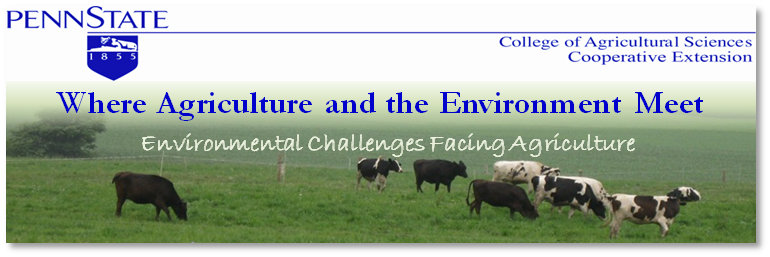About a week ago the headlines stated that the U.S. dairy industry agreed to reduce greenhouse gas emissions by 25% before 2020. This reduction is estimated to come from expanding the use of methane digesters on dairy farms. Methane digesters are a technology that is currently in use on about 2% of U.S. dairies, and allows for production of energy from the digestion of manure. It is estimated that one 700-cow dairy herd can power 200 homes with electricity.
This is a lofty goal and there are a lot of questions that need to be answered on this front. For one, there is not good data on green house gas emissions from dairy farms because there are a number of factors from the diet to facilities that can impact green house gas loss from the farm. The other issue with betting all of these green house gas emissions reductions on this technology is that installing a methane digester on a farm can be pretty expensive, and, to date, has only been feasible on larger dairy farms. There is technology out there for use on small farms, but it is not widespread at this point.
I don't want to sound too down on this goal as it would be great if the dairy industry reached it. However, I'm a little concerned about how many dairy farmers out there know what they have been volunteered for, and I have concerns about whether the technology has come down in price enough for small farms.


No comments:
Post a Comment